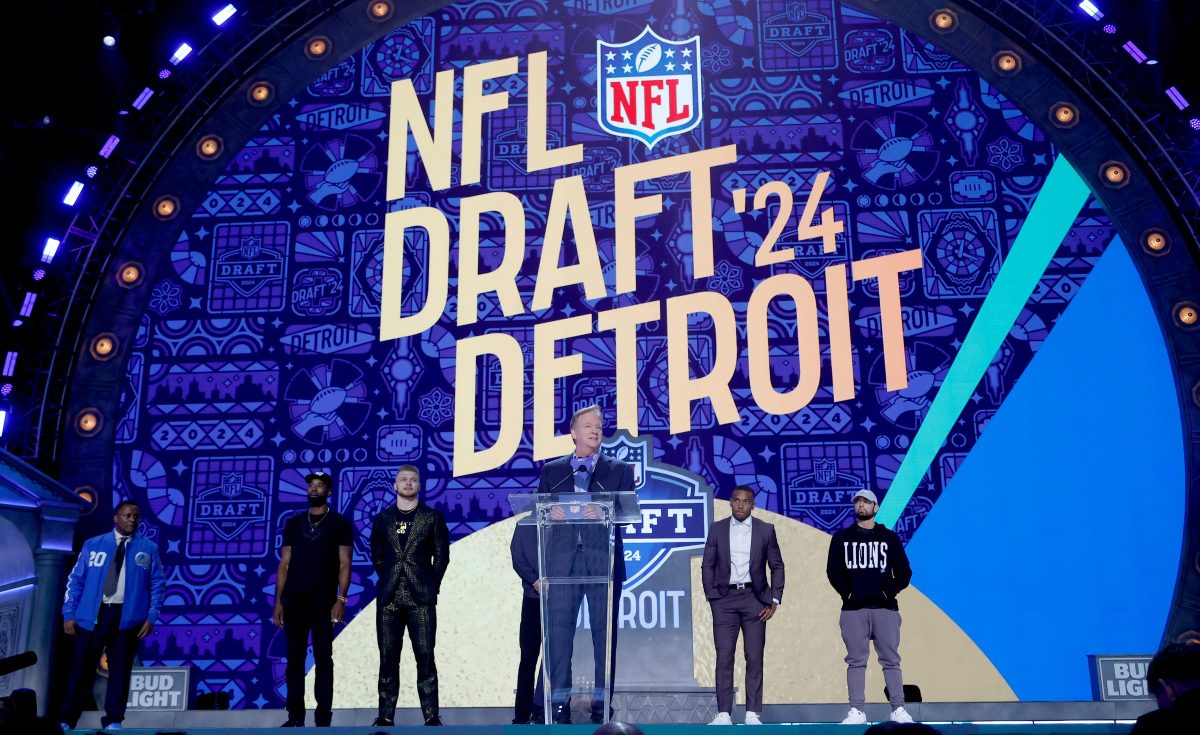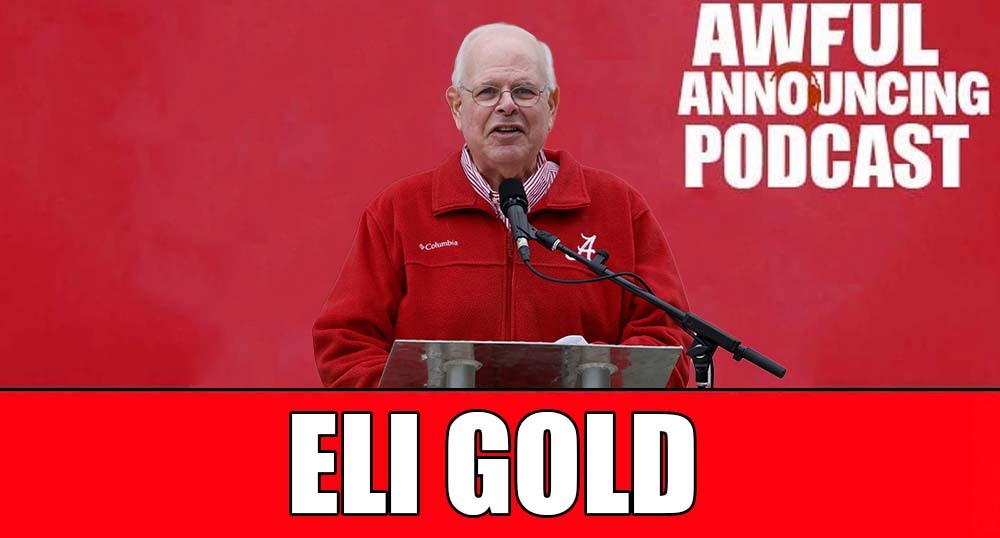Ever since he returned to the NFL after his trial for assaulting his ex-girlfriend, Greg Hardy has resisted the media spotlight. He spoke briefly (and poorly) in a few group media sessions, and has posted some thoughts on Twitter, but he had not agreed to do any sit-downs with media members, until he met with ESPN’s Adam Schefter.
For ESPN, this must have felt like a win — to get an exclusive interview with one of the most infamous players in sports, who would speak to anyone else. But the question is how Schefter got the interview.
There are really only two ways: either Hardy simply felt that it was suddenly time to talk, or he chose Schefter — who typically breaks news, rather than doing sensitive, deep interviews — because he or agent Drew Rosenhaus knew they could count on Schefter to be a wing of their PR game.
Regardless of Schefter’s true intentions, the interview seemed like the latter. Schefter didn’t really press Hardy on his claim that he never hit a woman, despite photographic evidence and a previous guilty verdict that point to the contrary. To top it all off, Schefter said that he believes Hardy is a changed man, despite the fact that Hardy showed no remorse whatsoever.
“I’ll say this, I’ll say this to you,” Schefter said. “I went in there with the idea that everybody had, that this guy’s a monster, okay? I went in there thinking that this is one of the scariest people in the NFL. And I came out of there with a very different feeling about him. I came out of there with a feeling that this is a guy who has managed to say the wrong things at the wrong times, has not always made the right decisions. But I found him to be a changed kind of guy, a guy that I think realizes he did make a mistake, could have handled things differently in regards to that incident. It’s such a tough thing. I’d like to talk to more people before I made a judgement. All I can go by is what he said. I’ll say this; he wasn’t wavering, he was adamant, ‘I never touched this woman.’”
Making this assumption without anything to really base it on is a problem, but this problem goes far beyond Schefter. It’s a problem of access — how access is obtained, and what you have to give up to get it.
Traditionally, before the internet, access was everything in sports writing. Writers needed to be able to have sources, and they needed some avenue to get interviews that people could be interested in. Even today, sourcing is important — it’s why Schefter has a job.
But the problem is what journalists have to give up to get access. Interview subjects have their own interests, and it’s unlikely they’re going to agree to interviews they think will be bad for them. So when Hardy agreed to an interview with Schefter, he clearly thought that Schefter — as opposed to every other media member — could be a PR mechanism for him.
On the flip side, Schefter had every reason to accept these terms. He got the access he wanted, and he could keep it by not sounding too tough. Then he could go in with the ready-made story that Hardy went from a monster to a player looking for redemption. Easy.
This type of interview is not uncommon. Jay Glazer was criticized for softballing questions to Richie Incognito, and Stephen A. Smith was criticized for his comments on Floyd Mayweather’s domestic assaults.
But it also leads to a question many news organizations often forget to ask: In some cases, does access make a journalist incapable of telling a story well? Even worse, does it lead to a preconceived narrative to help both parties involved?
Access is not universally good, and these days, with so many intelligent voices available to the public — many without any access — and so many people doing digging on stories that doesn’t require typical sports access, exclusives like Schefter’s can hurt public trust, as they should. Why should the public, and particularly victims’ advocates, trust that journalists are looking to hold public figures accountable, when the lone access they do get looks like a public redemption tour?
This is not to say that ESPN and other outlets should not pursue investigative journalism based on anonymous sourcing. But if a reporter’s job is to break sports news, that reporter should not be setting up interviews with players who could be part of their sourcing, particularly on controversial issues. It undermines the ability for the reporter to be anything other than a glorified mouthpiece.
For once, sportswriters’ least favorite phrase actually fits:
stick to sports
— Jessica Luther (@scATX) April 5, 2016








Comments are closed.